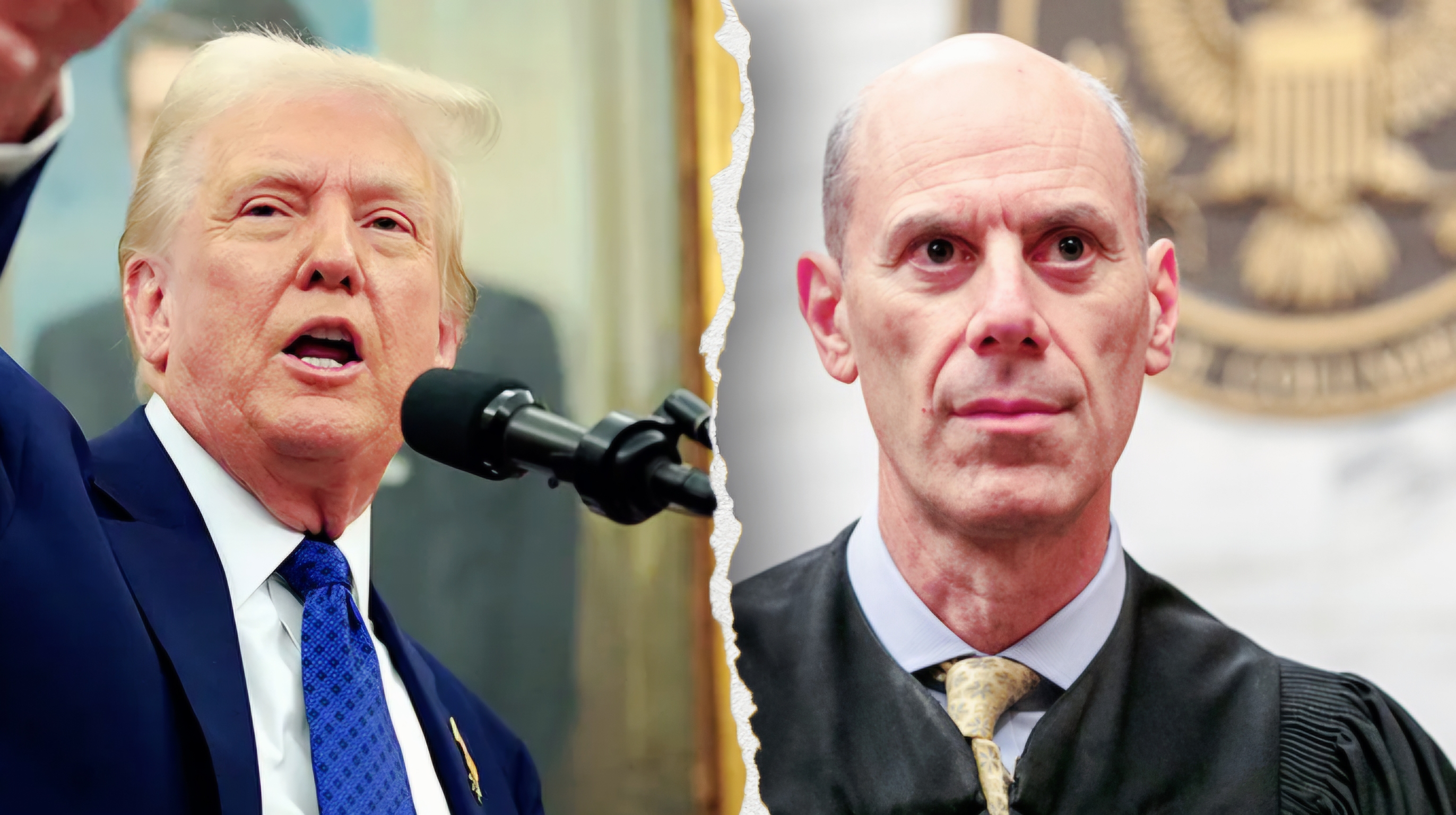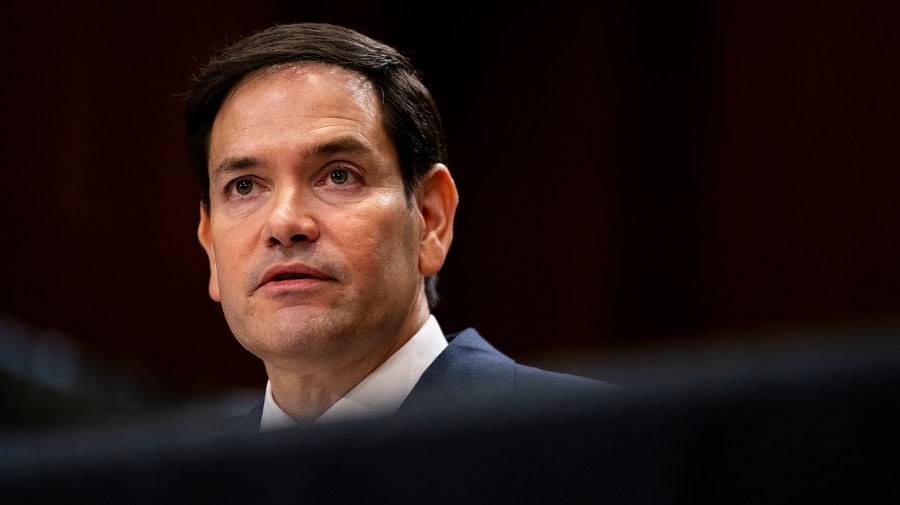Trump Administration Fights Back as Controversial Lawsuit Targets Signal Chat Leak
- by United States, RNG247
- about 9 months ago
- 162 views

In a continuing clash between the Trump administration and judicial entities, a new lawsuit has surfaced regarding alleged misconduct related to leaked Pentagon plans shared in a Signal chat. This case has been assigned to U.S. District Judge James Boasberg, known for his previous rulings that halted key deportation efforts under the Trump administration.
The watchful group American Oversight filed the lawsuit on Wednesday, asserting that high-ranking officials—including Defense Secretary Pete Hegseth—violated federal records laws by discussing sensitive military strategies regarding the Houthi conflict in a chat on the encrypted messaging app Signal. The case, now before Judge Boasberg, raises serious questions about the preservation of government communications.
Senator Josh Hawley (R-Mo.) was quick to voice his critique of what he called "rogue judges" in a statement to RNG247. He highlighted concerns about judicial overreach, suggesting that Boasberg's actions exemplify a disregard for the Trump administration's agenda. Hawley is currently spearheading legislative efforts to restrict district judges from issuing nationwide injunctions, which has been a point of contention in recent months.
"These judges have displayed a troubling pattern of prioritizing political agendas over the law, seeking to undermine President Trump's initiatives," Hawley asserted, emphasizing the need for congressional action.
Representative Darrell Issa (R-Calif.) echoed similar sentiments, calling for Judge Boasberg's recusal from the case. "Boasberg’s demonstrated bias against President Trump is unmistakable," Issa remarked. He suggested that assigning such a controversial case to Boasberg was no coincidence, casting doubt on the integrity of the judicial process.
American Oversight’s lawsuit claims that the Federal Records Act mandates federal officials preserve all communications related to official government business. However, the group overlooked the fact that many agencies implement policies to preserve messages on apps like Signal, often forwarding them to official archives to meet legal obligations.
The defendants listed in the lawsuit include not only Hegseth but also Director of National Intelligence Tulsi Gabbard, CIA Director John Ratcliffe, Treasury Secretary Scott Bessent, and Secretary of State Marco Rubio. Additionally, the National Archives and Records Administration is named, highlighting the broader implications of the case for federal record-keeping practices.
The lawsuit raises critical issues surrounding the use of Signal, an app known for its disappearing message feature, which could lead to allegations of wilful destruction of records. Legal expert and former federal prosecutor Andrew Cherkasky commented on the transfer of the case to Boasberg, calling it "legally provocative" and warning that it might tarnish the reputation of the D.C. District Court for years to come.
Former Trump attorney Alina Habba weighed in, denouncing the lawsuit as an example of politicized judicial overreach. "The judicial system must not become a tool for political distractions from the significant accomplishments of this administration, especially concerning our National Security," she stated.
Contrary to the media narrative suggesting that members of the Signal group chat engaged in "war planning," the White House has categorically denied these claims. Gabbard, during a recent House Intelligence Committee hearing, clarified that no classified information was shared in the chat. She explained that the unfortunate addition of a reporter to the group was a mistake amidst policy discussions surrounding military strategies against the Houthis. "The National Security Council is conducting a comprehensive review to understand how this occurred and ensure it does not happen again," she affirmed.
As this intricate legal battle unfolds, it underscores the tensions between the Trump administration and the judiciary, as well as the challenges posed by modern communication technologies in the realm of national security and transparency.
















0 Comment(s)